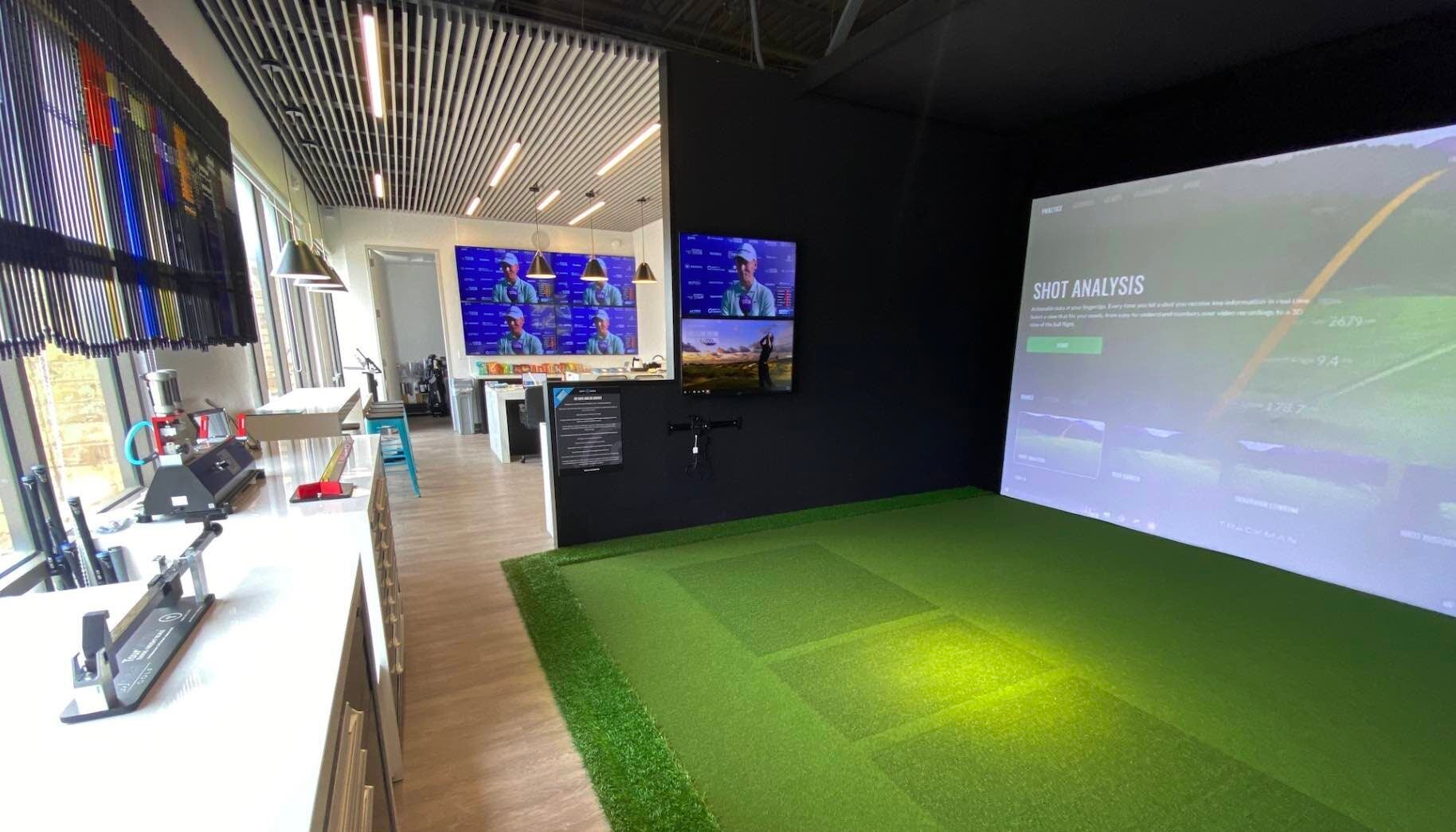Although the golf season might not be kicking off for a few more months, new equipment is being announced almost every day, and at GOLF.com it’s our goal to help you sort through the fluff so you can find exactly what’s best for your game.
This is why we combine robot-testing data with real feedback from real golfers to help you better understand what is available in the market. But, no matter how much technology is packed into any club, the only way to truly get the most from every piece of gear in your set is to get properly fit and make sure your equipment is optimized for your unique swing.
The issue is most golfers still make excuses for not getting fit, and that means they’re leaving performance on the table, so with that in mind, we debunk the most common reasons to not get fit.
‘Fitted clubs cost too much money’
I’ll cut right to the chase here — new clubs can be expensive but, if you break down the process of getting fit into steps, it can help reduce cost and reduce club turnover if you just piece out parts of your set as you need them. Struggling with fairway woods? Start there. Losing a lot of shots around the greens? It might be time for new wedges, and so on.
Sticking to this plan helps prevent the big one-time investment and, in some cases, the new clubs might result in not needing other ones down the line, making it a win-win.
Also, as an experienced club-fitter myself — when going into a club-fitting, make sure to communicate your budget with the fitter before you start. This information can help the fitter find what works best within your price range and give you other available options that could save you money.
Last but not least, especially if you have clubs that are only a few years old, you might find that to get the most from that gear only requires a couple of tweaks like lie angle, a new grip, or even a hosel adjustment to a driver. Plus, the information from your fitting session can get that sorted at minimal cost.
‘I’m not good enough to notice a difference’
I hear this from a lot of golfers who are either nervous about going through a fitting or just don’t think they have the skillset to see improvement with the help of equipment. However, it is the less-skilled golfers who often see the most benefit, and here’s why.
Better players can usually adjust on the fly to see the ball flight they want, whereas less-skilled players have a much harder time discerning how a club might feel or perform. Examples can include manipulating the loft to see a particular launch window or changing body position to get the club into the right position based on any number of factors, including lie angle.
As the old saying goes, “you might not be accurate, but you are consistent,” and every golfer has a miss they are trying to fix — and a club-fitter can often help along the way.
Just like finding that perfect pair of shoes straight out of the box, finding the right clubs can be an eye-opening experience for any golfer. You don’t need to be a single-digit handicap to find a more consistent ball flight.
‘My clubs are fine’
From behind a keyboard, I can’t tell you anything specific about your clubs, but what I can say is that newer golf clubs offer greater forgiveness than ever before. Even if your clubs are just a few years old, you should take the time to go through a fitting or set assessment to see where improvements can eventually be made.
This type of fitting is less about finding new clubs and more about getting a better understanding of where your golf clubs are helping vs. hurting you and the steps you could take down the line as your game progresses. Think of it as a tune-up lesson but without swing advice, and an easy way to learn more about your golf game, tendencies and common misses.
We want all golfers to play better golf, and having the right equipment is one of the best ways to lower scores and have more fun.
Want to overhaul your bag for 2024? Find a fitting location near you at True Spec Golf.
